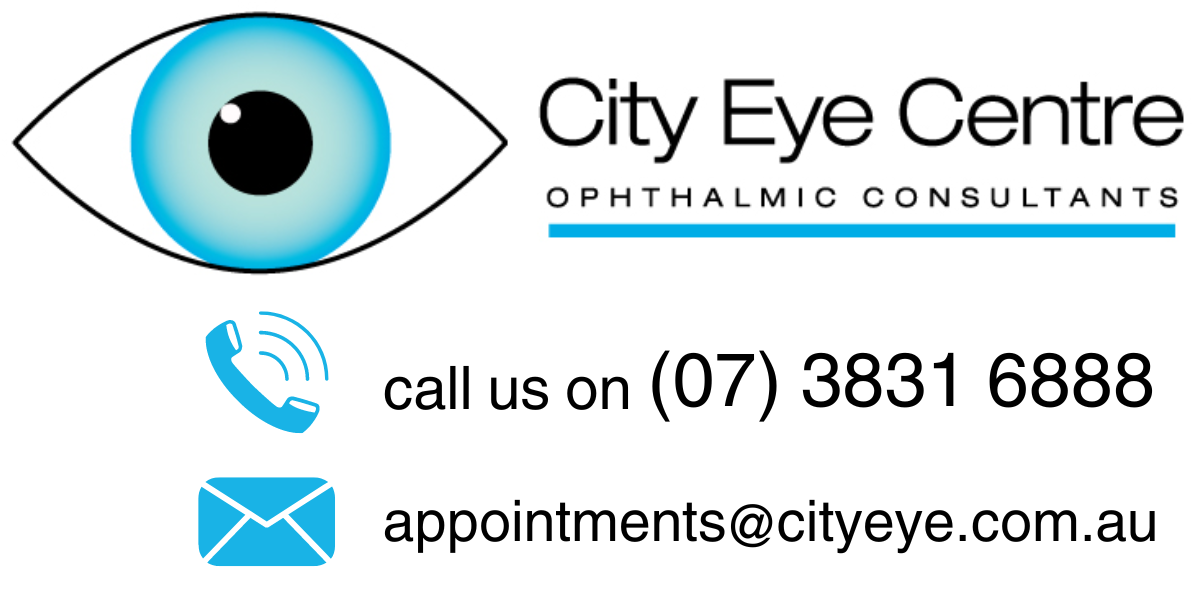
2020 was a challenging year for many of us, with a global COVID-19 pandemic causing havoc to our normal day-to-day life. Disruptions to work routines, travelling schedules and even the ability to visit family and friends can bring about heightened anxiety and stress levels.
We know that increased stress levels have a negative impact on our health and well-being, affecting our nervous system, cardiovascular system, digestive system and so on. But did you know that stress can also affect the health of our eyes?
While many people under stress may report symptoms such as tired eyes, watery eyes, blurred vision, photophobia, double vision etc, there is one eye condition in particular that has been reported to have a significant association with increased stress levels. This condition is called central serous retinopathy (CSR) or central serous chorioretinopathy (CSCR).

Central serous retinopathy (CSR) is a retinal condition often diagnosed in patients who have reported demanding jobs or shift work, stressful family events or other episodes of psychological stress. It is more common in middle-aged males, though it can also occur in women and people on steroid medications.
In CSR, fluid from the blood vessels in the retina can accumulate and collect under a small area (or areas) of one layer of the retina, causing vision to be blurred or distorted. Some patients may also notice a grey patch in the middle of their vision, or objects in the affected eye appearing smaller. Patients with suspected CSR should have a comprehensive eye examination including an OCT scan and sometimes a fluorescein angiogram (a dye test) to determine the site of fluid leakage. The OCT scan is very useful as it provides critical information on fluid accumulation inside the retina.
We usually follow patients with confirmed CSR initially for a period of observation (1-3 months) to see if the condition gets better on its own. We have had experience in the past with CSR patients getting better and their vision improving after changing jobs, going away on a vacation or taking up relaxation, stress-combating hobbies and activities. If vision becomes increasingly blurred and fluid remains underneath the retina on an OCT scan, then treatments including photodynamic laser therapy or anti-VEGF intravitreal therapy should be considered as they can be quite effective in resolving the fluid and improving vision. A short course of eplerenone is sometimes prescribed.
If you would like to know more about the condition or treatment options, please contact us at City Eye Centre by phoning (07) 3831 6888 or email us at appointments@cityeye.com.au.
